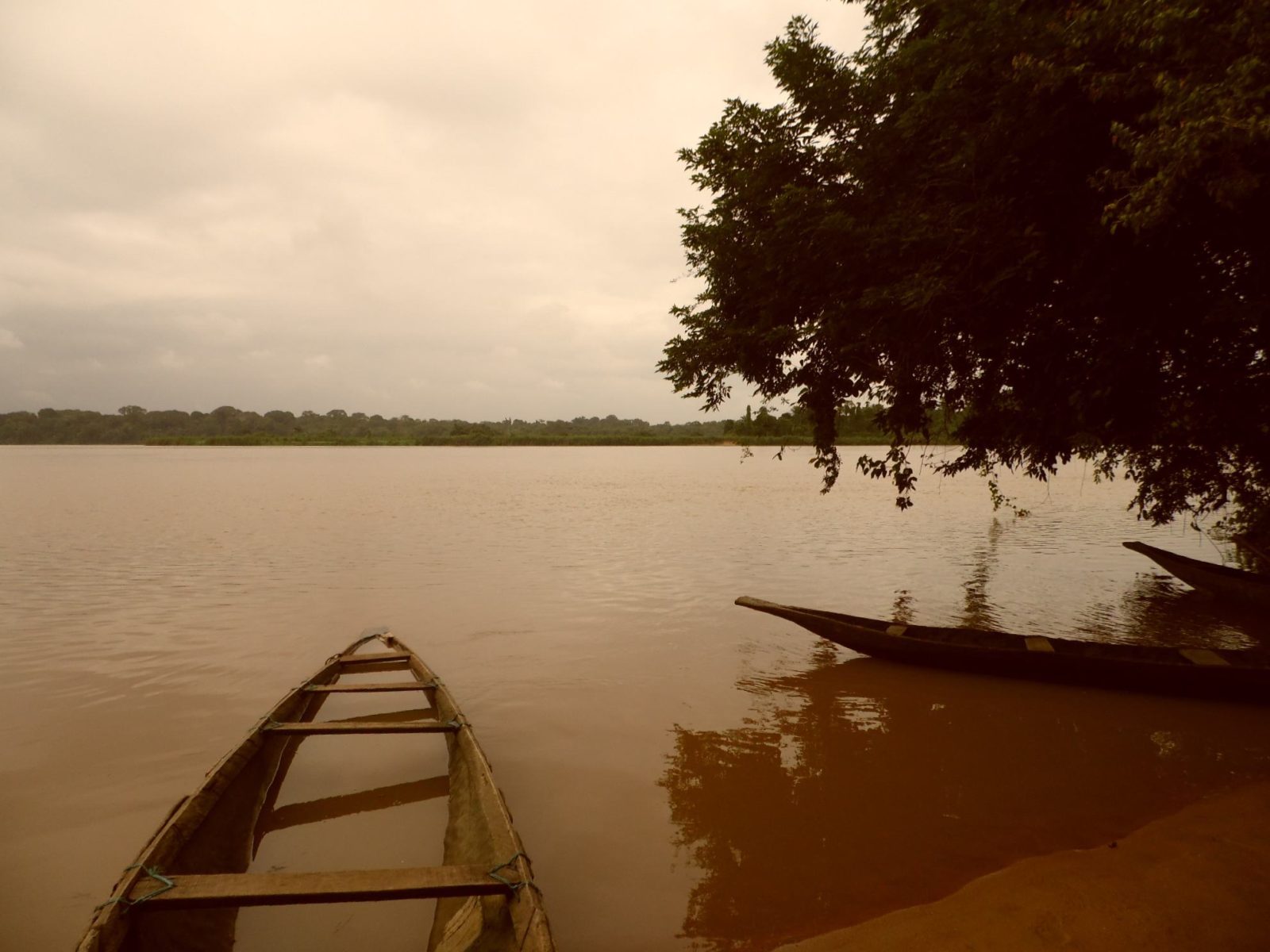
Oil is central to Cameroon’s export-led economy. In its desire to achieve emerging nation status by 2035, intensified natural resource extraction has been positioned as a means of both poverty reduction and economic growth. Yet, there is a lack of inclusive dialogue to pacify potential opposition which undermines the developmental prospects and voices of Cameroon’s remote southern populations.
Whilst one of the smallest oil producers in Sub Saharan Africa, Cameroon’s oil sector contributes approximately 40% of export earnings and an estimated USD 1.5 billion in annual revenue. Additionally, the government’s oil-take is higher, at 66%, when compared to the 50% average for the majority of Sub Saharan African producing states.
As the final frontiers of non-renewable potential are explored and exploited, areas of unique biodiversity and ecological importance are subject to increasing pressures. The Douala-Edea Wildlife Reserve, located in the country’s resource-rich south and home to the endangered West African manatee and some of West Africa’s largest mangrove networks, is one such area. Established in 1932, and covering some 160,000 hectares, the Wildlife Reserve’s upgrade to National Park, and thus full protected area status, has been delayed since the discovery of oil and natural gas.
Drawing upon seven weeks of Cameroon- and UK-based research, this blog explores the Corporate Social Responsibility (CSR) strategies of two oil companies active within the Douala-Edea Wildlife Reserve and surrounding maritime area and the perspectives of relevant stakeholders.
As if scripted for a Hollywood blockbuster, a convoy of 4x4s could be seen arriving on the single dirt track through the densely forested reserve. Shortly after, a mega-phoned invitation for ‘the people of Mouanko’ to a public meeting was audible. But following initial personal interest in the purportedly benevolent CSR and stakeholder engagement, the underlying reality and vested interests of such dialogue became clear.
The participants of our research revealed that these supposedly public meetings were in reality far from inclusive. Participants highlighted the minimal opportunities for questions to be raised, and the use of technical jargon drawn from environmental impact assessments in an area of known high illiteracy. Participants even acknowledged that the pens provided to the local school, beds to the hospital and financial donations to the local chief were in reality tools to ‘shut us up.’
One participant, during a tour of the local area, highlighted a derelict school funded by active oil companies but constructed in an area devoid of any potential staff, running water or electricity.
Furthermore, the community showed a deep dependence for the active oil companies to provide a source of employment and broader development. Yet, this in turn served to marginalise debates of government-level solutions, with the business-society relations thus further disengaging the local populations from the Cameroonian state.
It remains questionable whether the perceived impacts of stakeholder engagement representing a medium of control and pacification is inextricably connected to the Cameroonian state’s post-independence history of covert repression.
The significant resources and expertise held within private sector enterprises is undeniable. Yet, for the mutual benefits of oil companies, local populations and areas of ecological value within the global South, cooperative engagement and collaboratively discussed CSR strategies are required. Although, perhaps that is all too much to ask for.